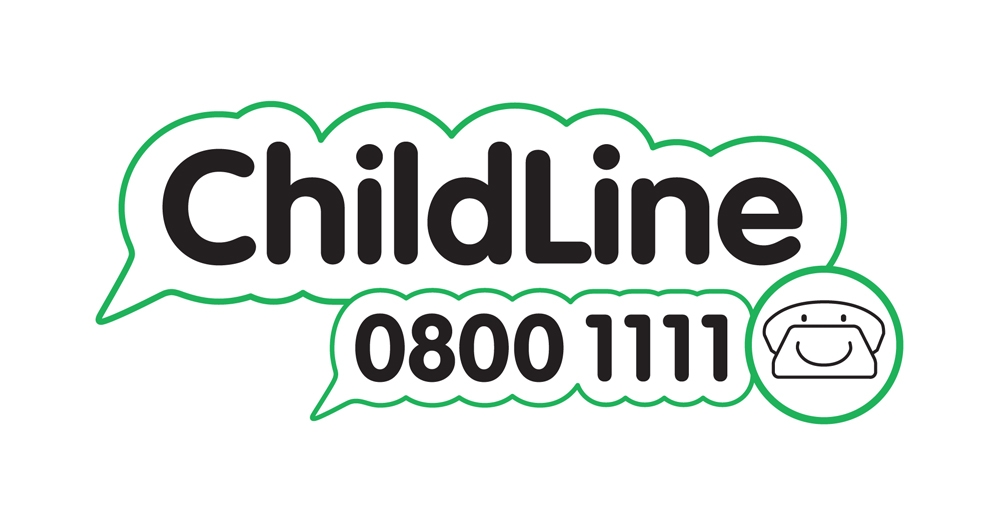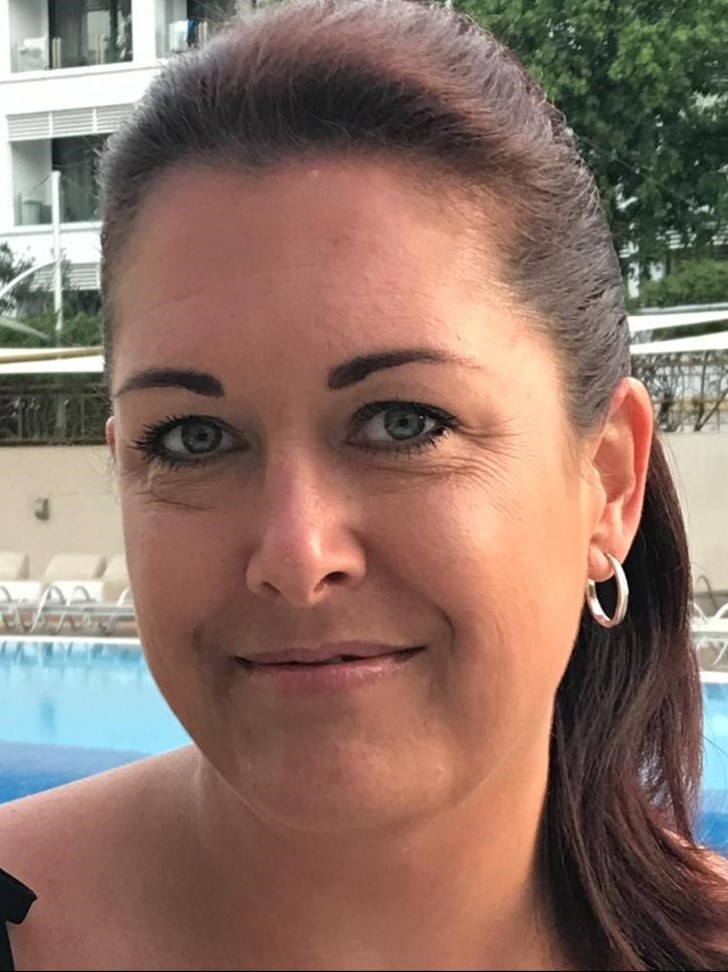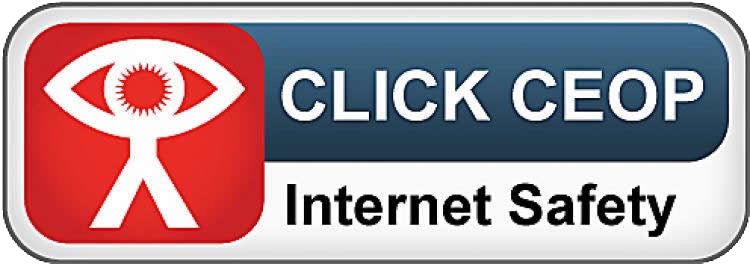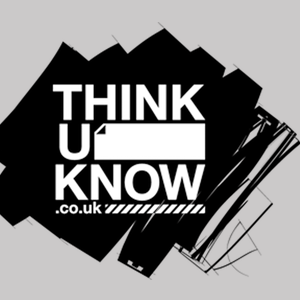
|
|
|

|
|
Mr Nathan Reen
|
|
Head Welfare Officer
|
|
07910150559
|
|
welfare@wealdstoneyouthfc.co.uk
|

|
|
Mr Andrew Bell
|
|
Welfare Officer
|
|
|
|
welfare@wealdstoneyouthfc.co.uk
|

|
|
Mr Lewis Boulter
|
|
Welfare Officer
|
|
|
|
welfare@wealdstoneyouthfc.co.uk
|

|
|
Mr Zac Bush
|
|
Welfare Officer
|
|
|
|
welfare@wealdstoneyouthfc.co.uk
|

|
|
Mr Rob Davies
|
|
Welfare Officer
|
|
|
|
welfare@wealdstoneyouthfc.co.uk
|

|
|
Mrs Gillian Dargue
|
|
Welfare Officer
|
|
|
|
welfare@wealdstoneyouthfc.co.uk
|
|
|
|
|
|
03 April 2021
|
In an emergency call 999
|
|
Please remember if there is immediate danger then ALWAYS call 999
|
|
Please remember that if a CHILD, YOUNG PERSON or VULNERABLE ADULT is in immediate danger then ALWAYS call 999
|
|
02 July 2022
|
the range of practises
|
|
what is best practise , poor practise, ABUSE?
|
|

Best Practise
Sometimes called safer practice, these are the actions we take to create safer spaces for children where their rights are respected in a fun and inclusive environment
Poor Practise
This is when an adult’s or a peer’s behaviour is inappropriate and may cause concern to a young person within the football setting. Poor practice includes any behaviour that disobeys existing codes of conduct, invades an individual’s rights and/or reflects a failure to fulfil the highest standards of care. Poor practice is unacceptable in football and will be treated seriously with appropriate actions taken.
Poor practice can usually be managed in clubs by the designated safeguarding person. They'll give advice, guidance or education with support from the county or, in the professional game, from the relevant league safeguarding officer.
Abuse
There's a fine line between poor practice and abuse, and you're not expected to be confident on which one is taking place. However, you are expected to recognise when a child may be at risk and to take appropriate action.
You must report abuse to someone who can take action to safeguard the child. It will be dealt with by The FA, working together with the statutory services (children's services and the police).
|
|
02 July 2022
|
What is Safeguarding?
|
|
What is Safeguarding?
|
|
Safeguarding is the term used to describe the actions we take to keep football safe, fun and inclusive for all children on and offline, in grassroots and the professional game.
In England there are laws and guidance to ensure children are kept safe and that their welfare is always the most important consideration. Football has a duty as well as a commitment to put in place policies and internal regulations to keep children safe.
Making safeguarding happen on a day-to-day basis depends on everyone:
1. working together to create a fun, safe and inclusive environment
2. recognising and responding appropriately to poor practice and abuse
3. reporting and recording concerns
find out more on:
Children and the law | NSPCC Learning
|
|
04 April 2021
|
knife crime
|
|
know the law when it comes to knives.
|
|

Knives and the law
It is illegal to:
- Sell a knife of any kind to anyone under 18 years old
- Carry, buy or sell any type of banned knife
- Use any knife in a threatening way
If someone dies as a result of being stabbed, the person responsible could face a life sentence and will serve a minimum prison sentence of 12 years!!
You should never carry or possess any knife that is disguised as something else!
Joint Enterprise
Joint enterprise relates to murder cases; it does not require a member of the group to intend to kill or commit serious harm.
It simply requires them to foresee that another member "might" kill, or at its lowest level of culpability, "might" inflict serious harm.
Things to know:
If you are caught with a knife, regardless of whether you say it was for your own protection, or you were carrying it for someone else, you will be arrested and prosecuted.
Possession of a knife can carry a prison sentence of up to 4 years, even if it's not used.
If that test is passed and a person is convicted of murder, they will receive the mandatory life sentence in prison.
|
|
04 April 2021
|
Prevent
|
|
What is Prevent?
|
|

What is prevent ?
Prevent is an initiative designed to provide practical help and guidance to the public in order to stop people becoming terrorists or supporting terrorism.
The government has defined extremism in the Prevent duty guidance document as: "vocal or active opposition to fundamental British values, including democracy, the rule of law, individual liberty, mutual respect and tolerance of different faiths and beliefs."
Prevent is all about ensuring and recognising signs of people being drawn into terrorism.
Why do people need to know about prevent?
If everyone is aware of Prevent, there is more chance of lives being saved Nine terrorist attacks have been prevented in the UK in the past year Information from the public was critical in a number of these cases.
How to prevent and report terrorism:
If you’ve seen or heard something that could suggest a terrorist threat to the UK, even if it seems minor or not worth mentioning, your information could save a life. If you're suspicious of something that could identify a terrorist threat anywhere in the UK, report it online at https://www.gov.uk/report-terrorism or call the Anti-Terrorism Hotline on 0800 789 321. Even if you’re not sure or it seems trivial, please let someone know so specially trained police officers can look into it.
|
|
04 April 2021
|
What is Abuse?
|
|
can you spot the different signs of abuse?
|
|

We all have a role to play in protecting children and young people from child abuse and neglect.
Many people do not act because they’re worried about being wrong.
You don’t have to be absolutely certain; if you’re concerned a child is being abused or their safety is at risk, speak to a welfare officer.
What is Abuse ?
Abuse is defined as a form of mistreatment of a child. Somebody may abuse or neglect a child by causing harm, or by failing to act to prevent harm.
Where can abuse take place ?
Children or young people may be abused in a family or in a community setting (such as football )by those known to them or, more rarely, by others.
Who can cause abuse ?
People may be abused by an adult or adults, or another child, children, young person or young people.
What are the five categories of abuse?
- Physical abuse-Physical abuse is any intentional act causing injury or trauma to another person or animal by way of bodily contact
- Sexual abuse-The use of a child, or other individuals younger than the age of consent, for sexual stimulation is referred to as child sexual abuse or statutory rape.
- Emotional abuse-any act including confinement, isolation, verbal assault, humiliation, intimidation, infantilization, or any other treatment which may diminish the sense of identity, dignity, and self-worth.
- Neglect-The persistent failure to meet a child’s basic physical and/or psychological needs, likely to result in the serious impairment of the child’s health and development
- Bullying-Is repeated intention to hurt someone either physically or emotionally often aimed at certain groups, example of bullying could be physical assault, teasing, making threats, name calling and
cyberbullying - bullying via mobile phone or online
Spot the signs of the different types of child abuse(these video have been created by the UK government):
Physical Abuse:
Sexual Abuse:
Emotional Abuse:
Neglect:
Bullying:
visit the governments website to find out more information
|
|
03 April 2021
|
Think online
|
|
How to keep safe and responsible online
|
|

- Don't share personal information- Never give your full name, Date of Birth, Address and school. check your privacy setting to see who can see what.
- Think about who you are talking to- Do you really know who you're speaking to? How do you know the person your talking to is who they say they are? People can trick you into trust them when really you don't know them. NEVER send any naked pictures and repot this to an adult immediately.
- Keep your device secure- make sure you're keeping your devices safe and your information secure.
- Never give out your passwords
- TELL SOMEONE- if you feel uncomfortable or something does not feel right tell someone immediately.
CBBC have created a staying safe online video:
|
|
03 April 2021
|
CEOP
|
|
What is CEOP?
|
|

CEOP stands for Child Exploitation and Online Protection Command.
The Child Exploitation and Online Protection Command, or CEOP Command, is a command of the UK's National Crime Agency, and is tasked to work both nationally and internationally to bring online child sex offenders, including those involved in the production, distribution and viewing of child abuse material, to the UK courts.
If you ever need to report sexual online abuse go to the CEOP website and make a report.
|
|
03 April 2021
|
Online Safety
|
|
Are you keeping Safe online?
|
|

How well do you know how to stay safe online?
visit explore one of the six ThinkUKnow websites for advice about staying safe when you're on a phone, tablet or computer.
|
|
03 April 2021
|
NSPCC
|
|
What is NSPCC?
|
|

The NSPCC is the leading children’s charity in the UK, specialising in child protection and dedicated to protecting children today to prevent abuse tomorrow. The NSPCC is the only UK children’s charity with statutory powers, which means they can take action to safeguard children at risk of abuse.
Call the NSPCC helpline if you're worried about a child.
Even if you're unsure, contact the professional counsellors 24/7 for help, advice and support on 0808 800 5000. Alternatively, visit their website.
|
|
03 April 2021
|
Childline
|
|
What is Childline?
|
If your 18 or younger never hesitate to contact Childline.
Childline offers free, confidential advice and support.
Whatever your worry, whenever you need help, simply call 0800 1111.
Online, on the phone, any time.
|
|
02 April 2021
|
Spectators and parents/carers Code of Conduct
|
|
Find your Spectators and parents/carers Code of Conduct
|
|
Spectators and parents/carers
We all have a responsibility to promote high standards of behaviour in the game. This club is supporting The FA’s Respect programme to ensure football can be enjoyed in a safe and positive environment. Remember children’s football is a time for them to develop their technical, physical, tactical and social skills. Winning isn’t everything!
Play your part and observe The FA’s Respect Code of Conduct for Spectators and Parents/Carers at all times.
I will:
▪ Remember that children play for FUN.
▪ Applaud effort and good play as well as success.
▪ Always respect the match officials’ decisions
• Remain outside the field of play and within the Designated Spectators’ Area (where provided)
• Let the coach do their job and I will not coach the players, I will only positively encourage.
▪ Encourage the players to respect the opposition, referee and match officials
▪ Avoid criticising a player for making a mistake – mistakes are part of learning
▪ Never engage in, or tolerate, offensive, insulting, or abusive language or behaviour
I understand that if I do not follow the Code, any/all of the following actions may be taken by my club,
County FA or The FA:
I may be:
• Issued with a verbal warning from a club or league official
• Required to meet with the club, league or CFA Welfare Officer
• Required to meet with the club committee
• Obliged to undertake an FA education course
• Obliged to leave the match venue by the club
• Requested by the club not to attend future games
• Suspended or have my club membership removed
• Required to leave the club along with any dependents
In addition: The FA/County FA could impose a fine and/or suspension on the club.
|
|
02 April 2021
|
Young Players Code of Conduct
|
|
Find your Young Players Code of Conduct
|
|
Young Players
We all have a responsibility to promote high standards of behaviour in the game.
As a player, you have a big part to play. That’s why The FA is asking every player to follow a Respect Code of Conduct.
When playing football, I will:
▪ Always play to the best of my ability
▪ Play fairly – I won’t cheat, complain or waste time.
▪ Respect my team-mates, the other team, the referee or my coach/manager.
▪ Play by the rules, as directed by the referee
▪ Shake hands with the other team and referee at the end of the game
▪ Listen and respond to what my coach/team manager tells me
▪ Not use foul or abusive language
▪ Talk to someone I trust or the club welfare officer if I’m unhappy about anything at my club.
I understand that if I do not follow the Code, any/all of the following actions may be taken by my club,
County FA or The FA:
I may:
• Be required to apologise to my team-mates, the other team, referee or team manager
• Receive a formal warning from the coach or the club committee
• Be dropped or substituted
• Be suspended from training
• Be required to leave the club
In addition:
• My club, County FA or The FA may make my parent or carer aware of any infringements of
the Code of Conduct
• The FA/County FA could impose a fine and suspension against my club
|
|
02 April 2021
|
We Only do Positive
|
|
How do you build a positive environment for children?
|
|
In your position, you’re likely to be one of the most important role models in a young person’s life. Your role is to help children to develop as footballers and as young people this role should never be underestimated. The way you act, the way you behave and the time you commit plays a massive part in their lives.
The FA Respect campaign endorses positive values and behaviours such as:
- fairness
- integrity
- inclusion
- leadership
The slogan "We Only Do Positive" which highlights the impact of positive encouragement in the game. Research shows that 90% of players perform better with positive
encouragement. Being positive about a young person’s actions or behaviours has a much better effect on their development than being negative towards
them.
What can you do to be positive?
- Create the Right Environment- make sure you make a safe environment for players to make a mistake and for players to express themselves.
- Be a positive Role model- celebrate success and improvement. Do not reinforce negativity. remember your child and players are still your and very impressionable and they look up to you as mangers and parents to lead by example so lets make it a positive one,
- Understand - take time to learn how to communicate with your players or children and reinforce confidents inside of them
- Build a positive team environment- Make sure all components in your team are in the same mindsets mangers, coaches, parent and players all need to be positive in there comments to each other.
- Finally build a "can do attitude" in your players and the team.
Middlesex FA have created a short clip on " We Only Do Positive"
|
|
02 April 2021
|
A letter to the parents
|
|
What Spectator are you at your child's game?
|
|
Remember your child is a CHILD not a premier league player.
Remember your child wants YOUR approval not negativity.
Remember to be POSITIVE because there is always another game for improvement.
Why don't you ask your player what they like when you watch?
Why don't you ask your player what they don't like when you watch?
This video has been produced by Arsenal. This needs to be watched by all parents attending youth football:
|
|
02 April 2021
|
Discrimination
|
|
Wealdstone Youth FC do NOT tolerate discrimination of any kind.
|
|
What is discrimination?
prejudicial treatment of different categories of people, especially on the grounds of race, age, sex, or disability.
This video has been produced by the FA to help tackle discrimination in Football:
If you have ever been or are currently being a victim of discrimination at Wealdstone Youth FC let us know so we can help you tackle it !!
|
|
02 April 2021
|
Welfare Officers
|
|
The role of a Welfare Officer is to support not just the children but also the Managers, Coaches and Parents.
|
|
Wealdstone Youth FC have eight Welfare Officers that support this club.
A Club Welfare Officer deals with poor practice cases within their club, gives advice and guidance to club members and ensures everyone is playing their part in keeping the games safe and inclusive.
Nathan Reen is our Head of Welfare with Zac Bush assisting him.
the additional officers have been assigned specific welfare roles but all, as well as any other Committee member, are available to help with issues.
Contact details for all Welfare Officers and Executive Committee members can be found on the left of your screen, do not hesitate to contact any of them with any issues you may have.
|
|
02 April 2021
|
Kooth
|
|
Kooth has extended its support to Wealdstone Youth FC as a free mental health service.
|
|

Kooth is a free, safe and anonymous space for all young people 11-25 to receive counselling and mental health support in Hillingdon. Users can speak to a counsellor online, weekdays 12pm to 10pm and on weekends 6pm to 10pm, 365 days a year. On the site, young people can track how they are feeling with a daily journal, speak to a counsellor with no referral or waiting list, and engage with our online mental health community through a variety of tools.
Benefits of Kooth:
- Free, Safe and Confidential space
- Out of hours availability
- Online Counselling
- discussion board
- online magazine
- no referral or waiting list
You Don't have to do it by yourself.
What is Kooth?
To access free mental health support visit www.Kooth.com.
|
|